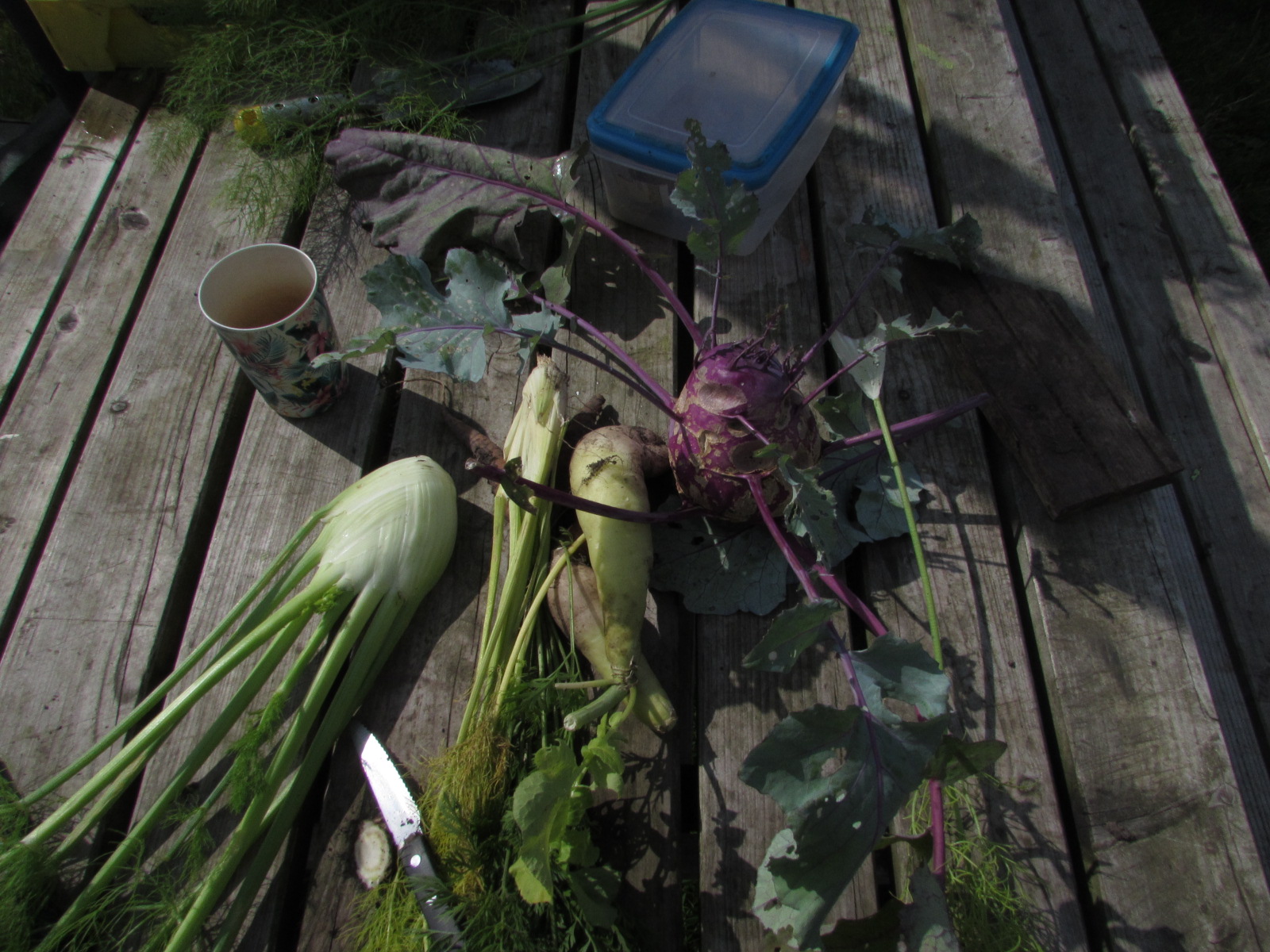Author: Lucía Gennari
This post is part of our series of blog entries based on our RMA students’ engagements with the Lutkemeerpolder. For a more general introduction to the series, click here.
In one of our class sessions, we had a thought-provoking discussion with an expert on transdisciplinary and participatory research. This conversation opened my eyes to the potential of such research in driving transformative change. We explored the idea that the traditional academic bias of valuing theory over practice needs to be rethought. Instead, research and writing should embrace being in the midst of change, highlighting the dynamic relationship between knowledge-theory and action-practice.
Transdisciplinary Research and Transformative Change
One key takeaway from the discussion was how transdisciplinary research, which involves collaboration with nonacademic societal partners, can be a powerful tool for transformative change. It challenges us to abandon the ivory tower mentality and engage directly with the communities and environments we study. This approach is not just about extracting information but about creating meaningful, reciprocal relationships.
Inspired by this lecture, I started to think about how to apply these principles to our project on the Lutkemeerpolder. The Lutkemeerpolder is a contested area with rich historical, ecological, and social significance. Understanding this place requires more than just academic study; it demands active, practical involvement and a commitment to the community.
To contribute meaningfully, I reflected on my personal passions and skills. I realized that my love for learning about plants and animals, as well as engaging in manual labor could be valuable assets. I didn’t want to separate my personal interests from my academic ones. This realization led me to choose to volunteer at Pluk, a Community Supported Agriculture (CSA) project in the Lutkemeerpolder.

Getting to know the Lutkemeerpolder through volunteering
Pluk is a non-profit partnership between farmers and the local community. Despite covering only a small portion of the Lutkemeer area, Pluk seemed like the perfect place for me to start understanding life and the complex relationships between different species in the polder. I was also eager to learn how to develop similar projects in the future.
The combination of my personal interests and the opportunity to contribute to Pluk made it easier for me to emotionally invest in learning about this multifaceted place. As part of a university project focused on care at Lutkemeerpolder, I decided that following where my care led me would be a crucial step in understanding the area and shaping my perspective. I believe it is challenging to investigate and discuss care without first experiencing our own emotional involvement with a place and recognizing the feelings of care we harbor. To truly understand Lutkemeer, one must explore its agricultural practices and their ecological connections with other beings in the polder.
Through my volunteering at Pluk, I began to notice how my care is progressively extending to the more-than-human lives around me every time I go there. I cared about helping the farmers and ensuring I didn’t disrupt their work. I am mindful of sticking to the pre-set paths to avoid stepping on plants or grass. I pay attention to how I moved around the farm, considering both human and non-human inhabitants. Constantly asking, “Should I do this? How should I do it?” is becoming second nature.
This organic farming initiative uses no pesticides or chemical fertilizers, and there are no precise guarantees about what will grow and how. The process is driven by hope and care, rather than profit. Practicing care is like learning a language, sometimes even deconstructing it. Conversations with the farmers reveal that they learn something new from the plants every year, observing how the plants respond to their actions.
Volunteering at the Lutkemeerpolder is an enriching experience, deepening my connection to the land and expanding my understanding of the agricultural practices present in this place. It is showing me the profound impact of genuine care and the importance of learning from the environment. As I continue my journey, I hope these lessons will help me grasp and appreciate even more deeply the intricate web of life in places like Lutkemeerpolder.
Images Courtesy of Lucía Gennari

Leave a Reply